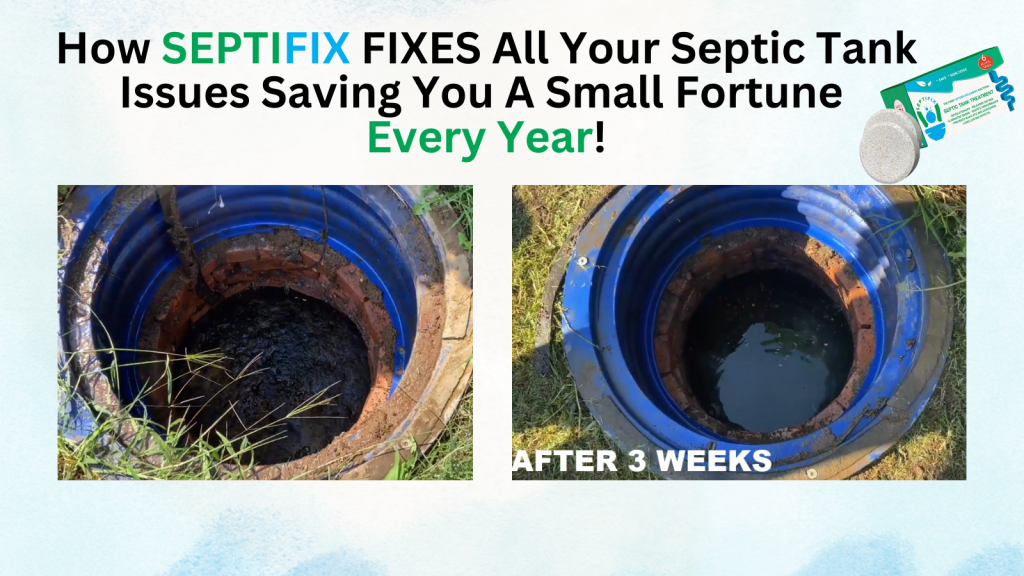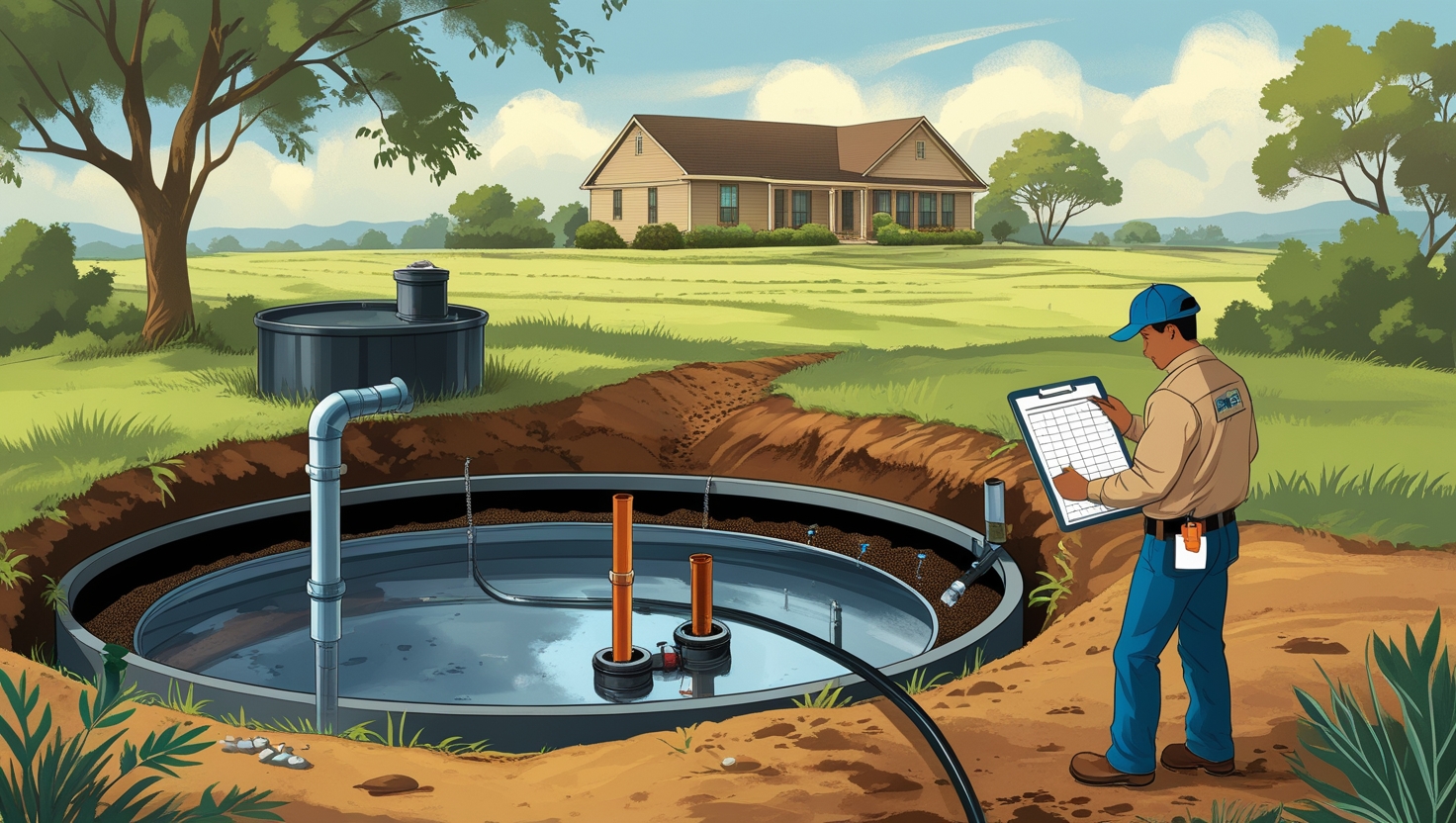If you own property with an on-site wastewater system in the Lone Star State, understanding Texas septic inspection requirements is crucial for staying compliant and protecting your property. Whether you’re buying a home, maintaining your system, or preparing for a sale, inspections play a vital role in keeping septic systems running safely and efficiently. This article walks you through the rules, types of inspections, and what homeowners can expect during the process.
Article: Natural Septic Tank Treatments: Eco-friendly Options for Maintaining Septic Health
Table of Contents
- Why Septic Inspections Matter in Texas
- When Are Septic Inspections Required in Texas?
- Who Can Perform Septic Inspections in Texas?
- What Does a Septic Inspection Include?
- County-Specific Requirements
- What Happens If You Skip an Inspection?
- Helpful Tips for Homeowners
- Contact Info and Resources
- Conclusion
- Septic Permit Links by State
Why Septic Inspections Matter in Texas
Texas is home to over 2 million septic systems (also known as on-site sewage facilities or OSSFs), especially in rural and suburban areas where centralized sewer services aren’t available. These systems require routine checks to prevent groundwater contamination, system failure, or costly repairs. Septic inspections are not only a good idea—they’re often legally required.
Texas Commission on Environmental Quality (TCEQ) oversees statewide septic regulations, although local permitting authorities may enforce stricter requirements. Understanding both state and county rules can save you fines, delays, and headaches.
When Are Septic Inspections Required in Texas?
Knowing when inspections are mandatory helps you plan ahead. Here are the most common situations where septic inspections are required:
1. Home Purchase or Sale
Most Texas lenders and counties require a septic inspection before closing a real estate transaction. This ensures the system is functional and compliant. An inspection can also prevent surprises like failed drainfields or damaged tanks after the purchase.
2. New Construction or Permitting
Before installing or altering a system, homeowners must undergo a site evaluation and later a final inspection by a licensed Designated Representative (DR) or TCEQ-approved agent.
3. Routine Maintenance for Aerobic Systems
Aerobic Treatment Units (ATUs), common in parts of Texas, must be inspected every four months under state rules. This maintenance contract must be with a licensed maintenance provider and reported to the permitting authority.
4. Suspected System Failure
Signs like sewage odors, standing water, or slow drains often trigger an inspection. Authorities may require a formal evaluation if public health risks are suspected.
Who Can Perform Septic Inspections in Texas?
Licensed Professionals Only
Texas law mandates that septic inspections be performed by a licensed septic inspector or a Designated Representative (DR) with the permitting authority. For aerobic systems, maintenance providers must be licensed by TCEQ.
You can check credentials through the TCEQ Licensing Search Tool.
Article: Do You Have to Have a Permit to Put in a Septic Tank?
What Does a Septic Inspection Include?
The scope of the inspection depends on the type of system and the reason for inspection. However, most inspections cover the following:
Basic System Checkpoints:
- Tank integrity: Checking for cracks, leaks, or corrosion
- Liquid levels: Ensuring proper scum and sludge levels
- Baffles and filters: Assessing their condition and effectiveness
- Drainfield health: Looking for saturation, odors, or blockages
- Pumps and alarms: Testing electrical components in ATUs
For Aerobic Systems:
- Chlorinator operation
- Air compressor functionality
- Effluent clarity tests
- Spray field coverage and runoff
The inspector will usually provide a written report and may include photos, maintenance recommendations, or notice of code violations.
County-Specific Requirements
While TCEQ provides the regulatory foundation, counties and municipalities can—and often do—set their own rules. For example:
- Travis County requires aerobic systems to be inspected quarterly and reports to be submitted electronically.
- Harris County enforces additional permitting for repairs and modifications.
- Montgomery County mandates system registration and proof of maintenance contracts.
Always check with your local permitting authority (LPA) for area-specific rules.
What Happens If You Skip an Inspection?
Failing to follow septic inspection requirements in Texas can lead to:
- Code violations and potential fines
- Permit delays for repairs or home construction
- Sewer backups, system overflows, or groundwater contamination
- Property devaluation if issues go undetected during home sales
For aerobic systems, if required reports aren’t submitted, counties may revoke permits or issue non-compliance letters, which can halt property transactions or lead to enforcement action.
Helpful Tips for Homeowners
Here are some practical steps to stay ahead:
- Know your system type: Aerobic systems have different rules than conventional systems.
- Keep records: Save all maintenance logs, inspection reports, and service agreements.
- Use licensed providers: Only licensed professionals are authorized to perform inspections in Texas.
- Ask questions: Don’t hesitate to clarify with your local authority about what’s required in your area.
Contact Info and Resources
To stay informed and compliant, check these helpful resources:
- TCEQ Septic System Information
- TCEQ Licensed Septic Professionals Lookup
- Texas On-Site Wastewater Association (TOWA)
- Your County Permitting Office – Check their website or call for local rules and forms.
- EPA Septic Smart Program – National guidance on septic care and safety.
Conclusion
Understanding Texas septic inspection requirements helps homeowners avoid costly issues and ensures environmental safety. Whether you’re selling your home, building a new one, or just maintaining your existing system, following state and county inspection rules is essential. Don’t wait for a problem to pop up—schedule regular inspections, know your local codes, and partner with licensed professionals to keep your septic system healthy.
Ready to take action? Contact a certified inspector in your area and make septic inspections a routine part of your property maintenance plan.










